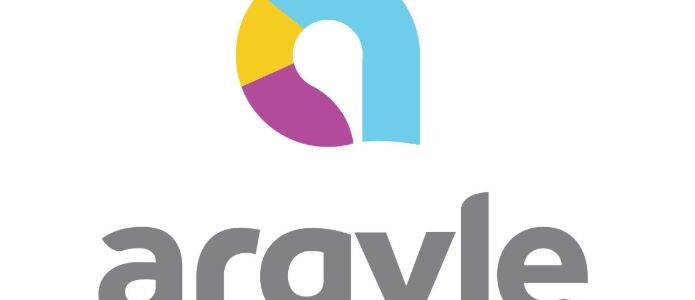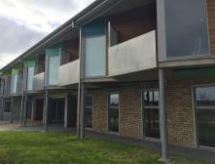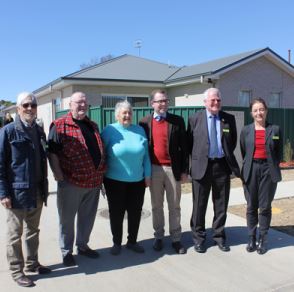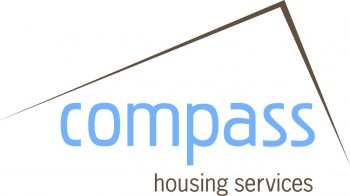A new report has revealed the shocking gap between the incomes of typical renting households and the incomes required to avoid housing stress in Australia’s three most populated states.
Compass Housing’s Affordable Housing Income Gap Report, takes a new approach to the measurement of housing affordability for renters. The Report establishes the amount of additional income required to avoid housing stress on various types of rental properties in more than 300 suburbs, towns and local government areas across New South Wales, Victoria and Queensland. This amount is referred to as the Affordable Housing Income Gap (AHIG).
Compass spokesperson Martin Kennedy said in many cases the median incomes of renting households were tens of thousands of dollars per year below the level required to secure a basic two-bedroom apartment without experiencing housing stress. The situation for renters seeking a 3-bedroom house is worse, with median incomes up to $100,000 per year short of the level required to avoid housing stress in certain areas.
|
Annual income to afford a 3br house |
Amount above annual median income (AHIG) |
Annual income to afford a 2br unit |
Annual amount above median income (AHIG) |
| Inner Sydney |
$172,467 |
$78,139 |
$121,333 |
$27,005 |
| Inner Melbourne |
$130,000 |
$50,336 |
$93,600 |
$13,936 |
| Inner Brisbane |
$94,987 |
$17,299 |
$83,200 |
$5,512 |
Housing stress is experienced by households with incomes up to 120% of the median that are paying more than 30% of their income on housing costs.
Mr Kennedy said the Report proved housing stress isn’t just a problem for low-income households. He said working families with average incomes are struggling to afford suitable rental properties close to where they work.
“To avoid housing stress in Sydney, Melbourne or Brisbane, a typical renting household often has to choose between living a considerable distance from the city or living in a one-bedroom apartment,” Mr Kennedy said.
“Neither of those things are practical for lots of families so they are effectively forced to accept living in housing stress. This can have a real impact on living standards because people in housing stress are less able to pay for other essentials like food, utilities, insurance, healthcare, childcare, and debt repayments.”
Mr Kennedy said that even in regional towns, where prices are nominally cheaper, comparatively lower household incomes mean renters in many areas still face significant affordability income gaps. The impact is particularly severe in “commuter belt” cities close to the capitals.
“The steady decline of housing affordability for renters is part of a broader housing crisis driven by a combination of low interest rates, preferential tax treatment for investors, rapid population growth, artificial rationing of land supply, high transfer duties, and a prolonged failure to invest in social and affordable housing.”
The Report recommends the creation of a national housing plan with initiatives crossing all levels of government. They include:
- the construction of 500,000 social and affordable housing dwellings in the next 10 years,
- reviewing the tax and transfer system to strike a fairer balance between the level of support provided to investors, first home buyers and renters
- reforming state tenancy laws to provide greater security of tenure for renters and decrease demand for social housing.







